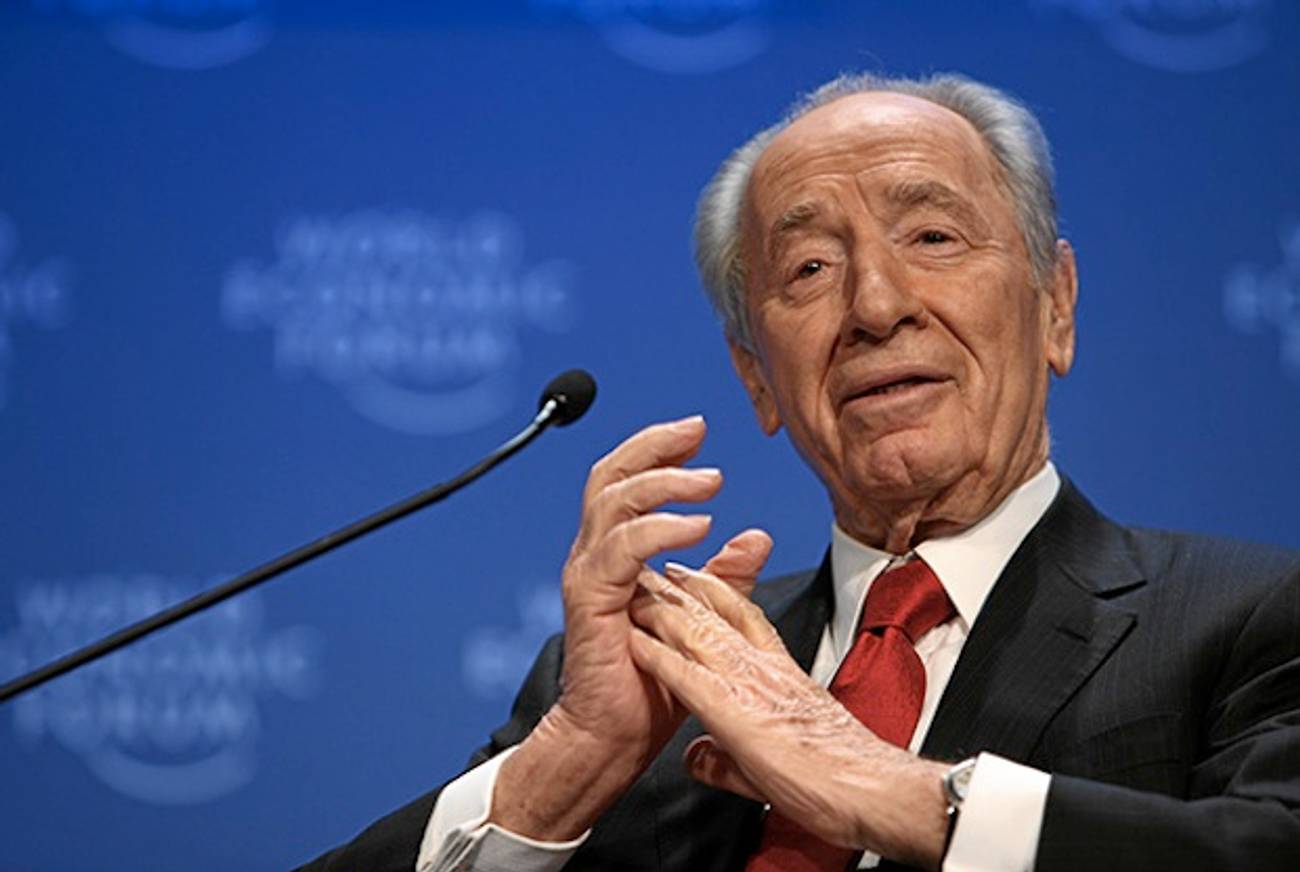Israeli Geriatrics Don’t Want to Retire
Related to Zionist work ethic, University of Haifa professor says




It seems that elderly Israelis are more indefatigable than their counterparts in other developed countries. A study released by the Organization for Economic Cooperation and Development explained:
“Since 2001, the proportion of Israelis between 55 and 64 who were employed has risen from 48% to 61%. Among those between 65 and 69, it has shot up from just 17% in 2001 to 29% last year.”
Additionally, the number of older Israelis who work part-time dropped:
“The proportion of Israelis aged 60 or over who worked part-time stood at 19% of the workforce in 2001, and dropped to 15.5% a decade later. Among OECD member countries as a whole, the trend has been in the reverse direction, from 17% in 2001 to 18% last year.”
Israeli academia has not let this trend go unnoticed. Israel Doron, a law school professor at the University of Haifa who specializes in jurisprudential gerontology (that’s right), says that the role of history in Israeli culture is an important contributing factor to the phenomenon. The tenacious work ethic of the early Zionists continues to seep into today’s society, he postulates.
Zionism “sanctified work at any age,” which “makes retirement into something difficult and complicated” in modern day Israel. The phenomenon is only intensified by the fact that Israel has one of the highest life expectancies in the world. Doron contrasts Israel with countries like Spain and Greece where it is completely acceptable to retire around 50. In Israel, this would not be considered acceptable:
“We are stricken with workaholism that doesn’t go away with age,” he says. The statistics do not lie: unemployment among Israelis aged 56 to 64 dropped to 4.2% in 2011.
However, just a few days before this study was released in Ha’aretz, another study highlighted a problem that has arisen in tandem: the inability of some Israeli senior citizens to break into the workforce. (Making matters worse, according to Israeli law, employers are free to force workers to retire at the country’s retirement age.)
The article cited a recent poll by the Central Bureau of Statistics showed that among 600 Israeli geriatrics, almost half of men and more than half of women who continue to work after retirement age ultimately take up employment at different places from where they spent their careers prior to retirement age. Many of them work out of necessity, due to increased life expectancy and subsequent need for larger saving accounts.
It remains infamously expensive to live in Israel, with rising apartment costs and pricey basic food items that spurred massive social protests in the summer months of 2011. In addition to facing these challenges, elderly citizens seeking new positions must also deal with hiring processes that are not favorable toward them.
This week, a new interministerial committee will be created to look for ways to help integrate elderly Israelis back into the employment market, which will hopefully ease the state’s responsibility to support unemployed individuals. Michal Zuk, the employment commissioner at the Ministry of Industry and a co-chair of the new committee, says she is looking to consider approaches such as “incentives for employers” and “making employers aware of the advantages in hiring older workers.”
Let us hope these new efforts will not completely inhibit young Israelis from joining the workforce, another necessity not to be ignored.
Older Israelis Still Hard at Work [Haaretz]
Most Pensioners Would Like to Continue at Their Jobs, Poll Finds [Haaretz]
These articles are not currently attributed to anyone. We’re working on it!